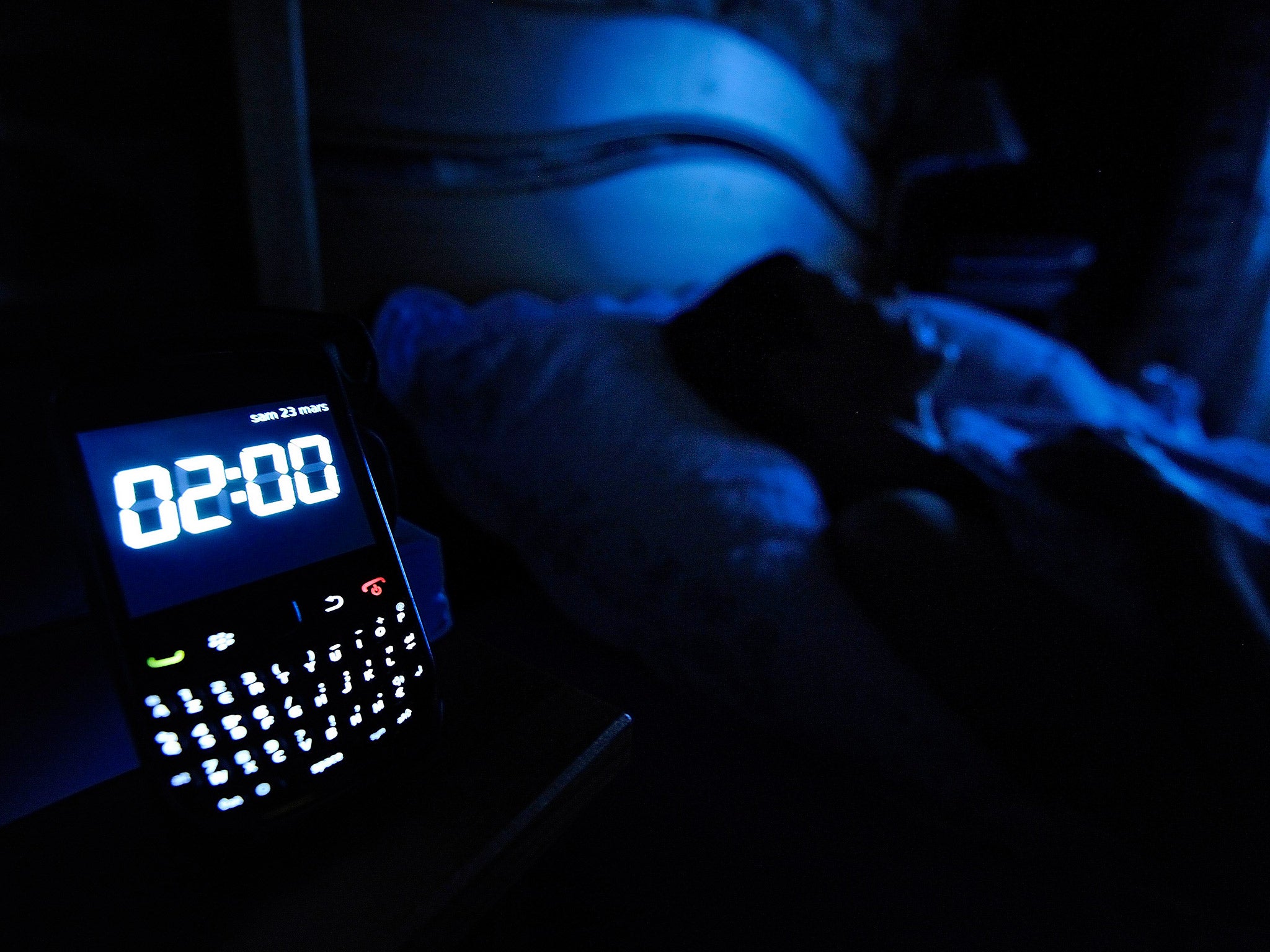What time is it now? Confusion reigns in Turkey as no one knows whether the clocks have gone back or not
The government delayed the end of daylight saving time - but smartphones didn't listen

Your support helps us to tell the story
From reproductive rights to climate change to Big Tech, The Independent is on the ground when the story is developing. Whether it's investigating the financials of Elon Musk's pro-Trump PAC or producing our latest documentary, 'The A Word', which shines a light on the American women fighting for reproductive rights, we know how important it is to parse out the facts from the messaging.
At such a critical moment in US history, we need reporters on the ground. Your donation allows us to keep sending journalists to speak to both sides of the story.
The Independent is trusted by Americans across the entire political spectrum. And unlike many other quality news outlets, we choose not to lock Americans out of our reporting and analysis with paywalls. We believe quality journalism should be available to everyone, paid for by those who can afford it.
Your support makes all the difference.For most of the countries which operate daylight saving time during the summer, Sunday morning’s changing of the clocks went ahead without much commotion.
But in Turkey, the government’s decision to delay the addition of an hour because of the country’s upcoming elections has sparked confusion among members of the public.
Many in Turkey reported that their smartphones and other electronic devices automatically updated in keeping with other countries in the Eastern European Time zone.
That’s despite the fact that the government’s ICT authority had decreed a two week delay to the end of daylight saving time, so that there would be more daylight in the evening of the national elections on 1 November.
The confusion over whether or not the clocks had changed saw the phrase “What time is it now?” trending on Turkey across Twitter, according to the BBC.
The Turkish newspaper Daily Sabah reported that the discord also meant that Muslim prayer times on printed calendars would be faulty.
And many blamed the confusion directly on President Recep Tayyip Erdogan. One British expat, who did not want to be named, told the BBC: “We’re on special ‘Erdogan time’ as he decided not to implement daylight savings until after the election.
“Unfortunately, while he CAN hold back time, he CAN'T hold back automatic clocks which seem to have gone ahead and changed the hour regardless. Hence we're all very confused.”
The Fethiye Times reported that the Turkish authorities rarely consider the international shift in time sacrosanct, and have now delayed clock changes three times in the past five years. In 2014, the start of daylight savings was put off due to local elections, while in 2011 it was delayed because of a nationwide exam.
Join our commenting forum
Join thought-provoking conversations, follow other Independent readers and see their replies
Comments